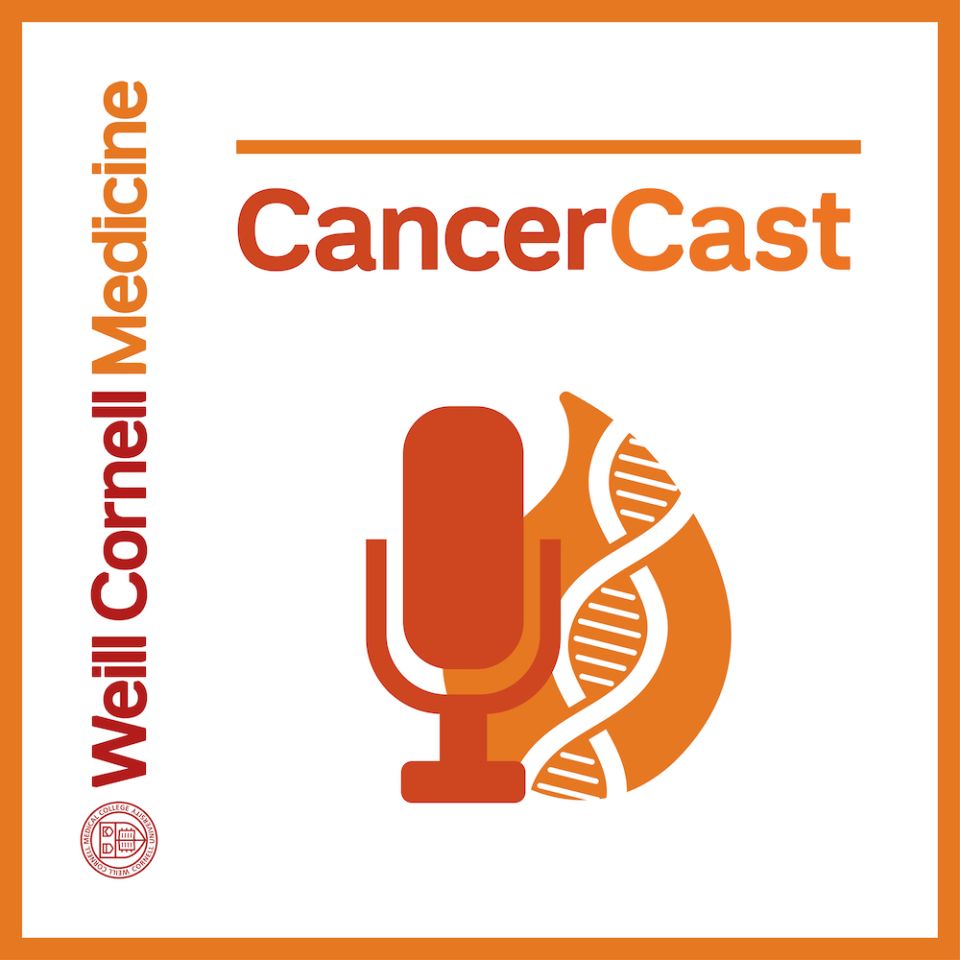Many different opinions exist on the topic of whether nutrition and alternative treatment methods, such as turmeric, can help treat patients with multiple myeloma. Some people turn to alternative cancer therapy instead of traditional therapy, but research published in the Journal of the National Cancer Institute shows that those who do this have a higher risk of death and a lower survival rate. Although it is widely believed that conventional cancer treatment will provide the greatest chance at cure, this is one of the first research studies to evaluate the effectiveness of alternative medicine for cancer.
“Alternative treatment methods and supplements such as vitamin D and calcium in combination with traditional therapy could provide some benefit to patients,” says Dr. Ruben Niesvizky, Director of the Multiple Myeloma Center at Weill Cornell Medicine and NewYork-Presbyterian. “Research shows that conventional therapy provides the higher remission rate and these treatment options have evolved tremendously over the years, resulting in improved survival rates among myeloma patients.”
Complementary and Alternative Medicine are defined by the National Cancer Institute as follows:
Though grouped together, complementary and alternative medicines are different from each other. Complementary medicine is used together with conventional medicine. An example of complementary therapy is the use of aromatherapy to help lessen a patient’s discomfort following surgery. Alternative medicine is used in place of conventional medicine. An example of alternative medicine is using a special diet to treat cancer instead of undergoing surgery, radiation, or chemotherapy that has been recommended by a conventional health care practitioner.
Those who want to explore alternative treatments are encouraged to speak to their healthcare provider first to see what, if any, interactions there might be with their more traditional therapies. The Integrative Health and Wellbeing program at NewYork-Presbyterian in collaboration with Weill Cornell Medicine is an individualized, holistic approach to healthcare that can offer patients assistance with their physical, mental, and spiritual well-being. The program includes services such as acupuncture, massage therapy, nutrition counseling, yoga instruction, mindfulness coaching, and meditation.
For more information about alternative treatment options, listen to our Cancer Cast podcast episode with Chiti Parikh, MD, co-founder of the Integrative Health and Wellbeing Program at Weill Cornell Medicine and NewYork-Presbyterian Hospital. Dr. Parikh discusses a holistic approach to cancer care and symptom management. Listen here.
In addition to being on the appropriate treatment regimen, maintaining a healthy diet while being treated for multiple myeloma is extremely important. Whether you’re undergoing chemotherapy or have received a bone marrow or stem cell transplant, you may have a decreased appetite. However, getting the right nutrients is key to your remission. Eating a balanced diet consisting of fruits and vegetables, protein, unsaturated fats from sources like fish, nuts and seeds is especially important for all cancer patients.


